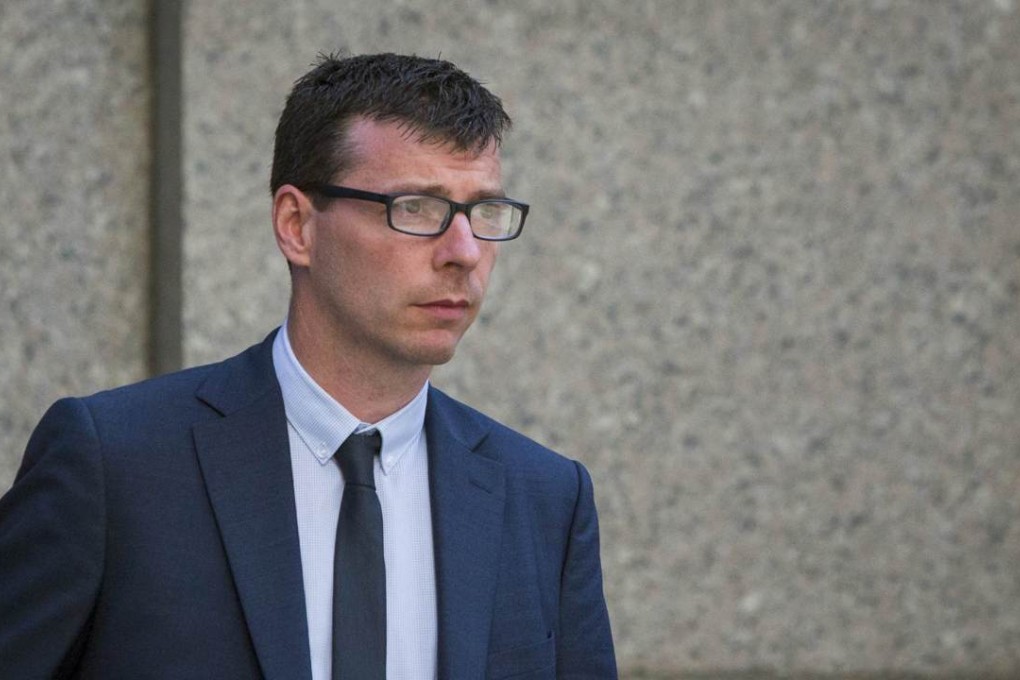Paper trail ‘a mile long’: Rabobank traders’ e-mails at core of US Libor-rigging trial

A “mile long” paper trail left by two former Rabobank Groep traders is all the proof needed to convict them of rigging the crucial Libor rate, prosecutors said in closing arguments at the first US trial over the benchmark.
Anthony Allen and Anthony Conti left enough evidence the two engaged in a four-year scheme to manipulate the London interbank offered rate, federal prosecutor Brian Young told jurors in Manhattan Tuesday before they began deliberations. Defence lawyers countered that the men instead made a “good faith effort” when submitting a benchmark rate and that e-mails and chats failed to show their clients intended to defraud anyone.

Allen and Conti, who were based in London, are accused of rigging the rate to favour the positions of interest rate swap traders. Charged with conspiracy and multiple counts of wire and bank fraud, both could face a decade in prison if convicted.
Michael Schachter, an attorney for Allen, told jurors on Tuesday the government had failed to find sufficient proof against the former trader. The majority of Rabobank’s Libor submissions presented during the trial aligned with rates that 15 other banks on the benchmark panel submitted, he said.
“Saying ‘OK’ is not a crime,” Schachter told the jury. “Submitting a fraudulent rate in order to help a trader’s book is a crime.”